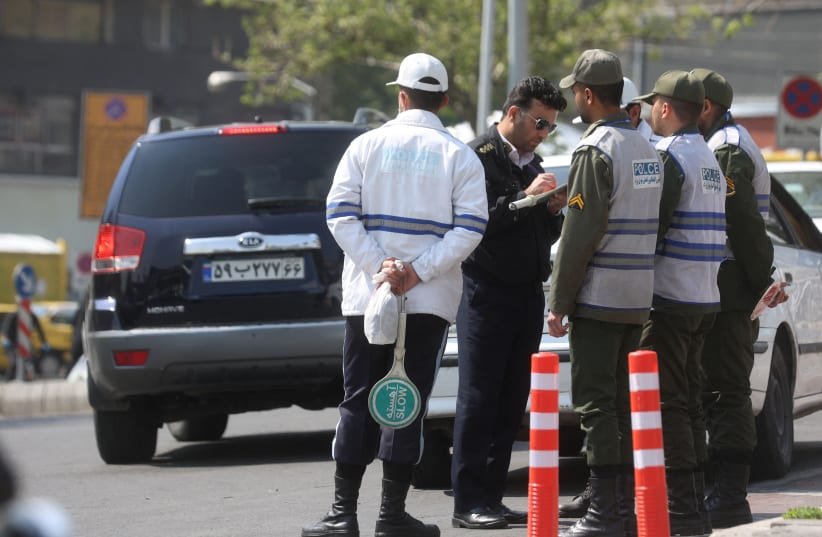In a development that underscores ongoing religious persecution in Iran, authorities recently announced the arrest of 13 Baha’is in and around the city of Isfahan. The Islamic Revolutionary Guard Corps (IRGC) claims these individuals were involved in “organized promotion of Bahaism” and attempted to create “religious deviation” among Muslim children and teenagers. However, Baha’i activists and human rights groups have denounced these accusations as baseless, pointing instead to a deep-rooted pattern of discrimination against the Baha’i community.
According to local reports, the arrests occurred on 3 Bahman 1403 (January 2025), when security forces—often without judicial warrants or prior warning—raided the homes of Baha’i families. Witnesses describe violent tactics, including officials scaling walls and intimidating neighbors, as well as forcing entry while impersonating municipal workers. Of the 13 individuals detained, 11 are women, many of whom are mothers of small children or caregivers for elderly parents. The detainees include: Roya Azadkhosh, Shourangiz Bahamin, Nasrin Khademi, Maryam Khorsandi, Boshra Motahar, Mojgan Pourshafi, Firoozeh Rasti-Nejad, Sanaz Rasteh, Sara Shakib, Azita Rezvani-Khah, and Farrokhandeh Rezvani-Pey. Two Baha’i men were also among the 13 arrested. Authorities have reportedly issued five-year prison sentences and social deprivations for these individuals, further compounding the hardship faced by their families.
This latest crackdown echoes the broader struggle Baha’is have faced in Iran for decades. Despite identifying peacefully with their faith, Baha’is are not recognized under the Iranian Constitution as a protected religious minority. Over the years, they have experienced systemic barriers to education, employment, and property rights, along with frequent waves of arrests and public smear campaigns.
The Baha’i International Community issued a statement condemning these arrests, emphasizing the undue suffering inflicted on families. Children are left without their mothers, and elderly parents lose their caregivers. The statement highlights the psychological trauma children experience when witnessing aggressive home raids, which often involve prolonged searches and forced interrogations.
Activists also recall other recent incidents, including the detentions of Baha’is in Shiraz just three months earlier, reflecting a concerted campaign by Iranian authorities to stifle the religious freedoms of the Baha’i community.
Civil society organizations have voiced alarm over the situation, urging Iranian authorities to respect international commitments on freedom of religion and belief. Many activists in and outside Iran have called for immediate, unconditional releases, pointing to repeated violations of due process and the right to fair trials. Prominent Iranian figures—including some religious leaders—have, in the past, criticized the government’s persecution of Baha’is as contrary to Islamic principles. Despite these objections, the arrests persist.
The National Iranian American Council (NIAC) denounces the arrests and detentions of these 13 Baha’is in Isfahan. NIAC calls upon the Iranian government to uphold its human rights obligations and cease the systematic harassment of the Baha’i community. The individuals arrested in Isfahan—many of whom are women with caregiving responsibilities—are entitled to due process, transparent legal proceedings, and freedom of religion. NIAC stands with the families of those detained and urges Iranian authorities to release all prisoners held solely on the basis of their faith.
The recent arrests represent a blatant continuation of religious persecution in Iran. By detaining mothers, caregivers, and ordinary citizens for their beliefs, Iranian authorities are further isolating a vulnerable community. We urge the Iranian authorities to release all those prisoners unjustly detained, including the 13 Baha’is in Isfahan, as well as other incarcerated Baha’i figures. Only by ending discriminatory policies, ensuring legal transparency, and respecting freedom of religion can Iran begin to address its deeply tarnished human rights record and uphold the dignity of all its citizens.
